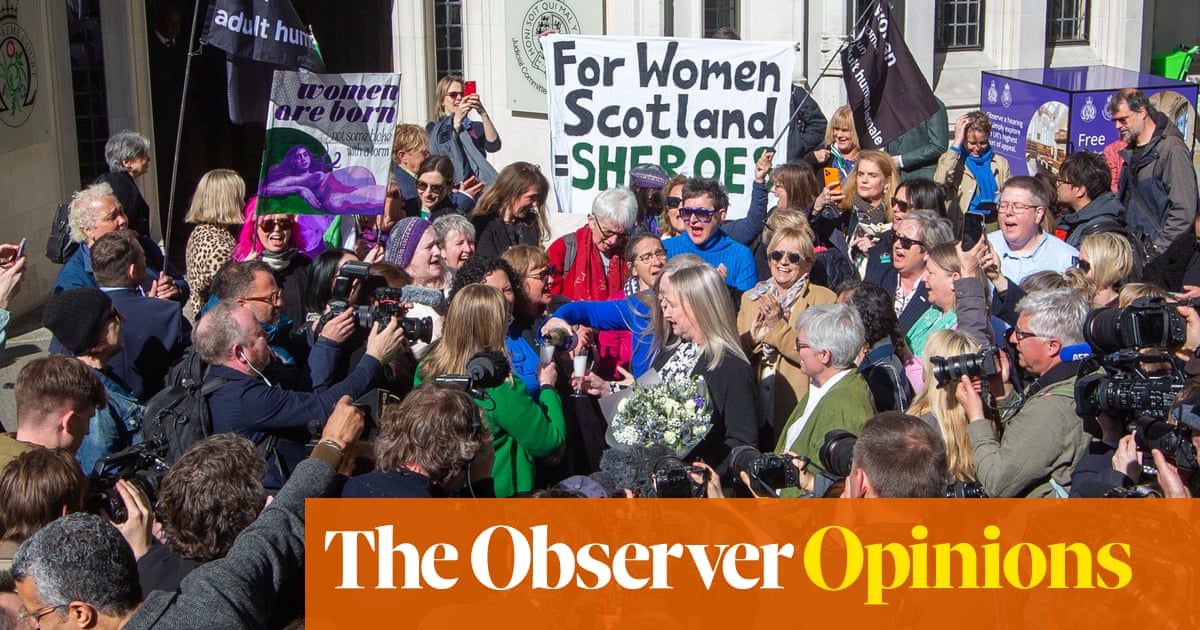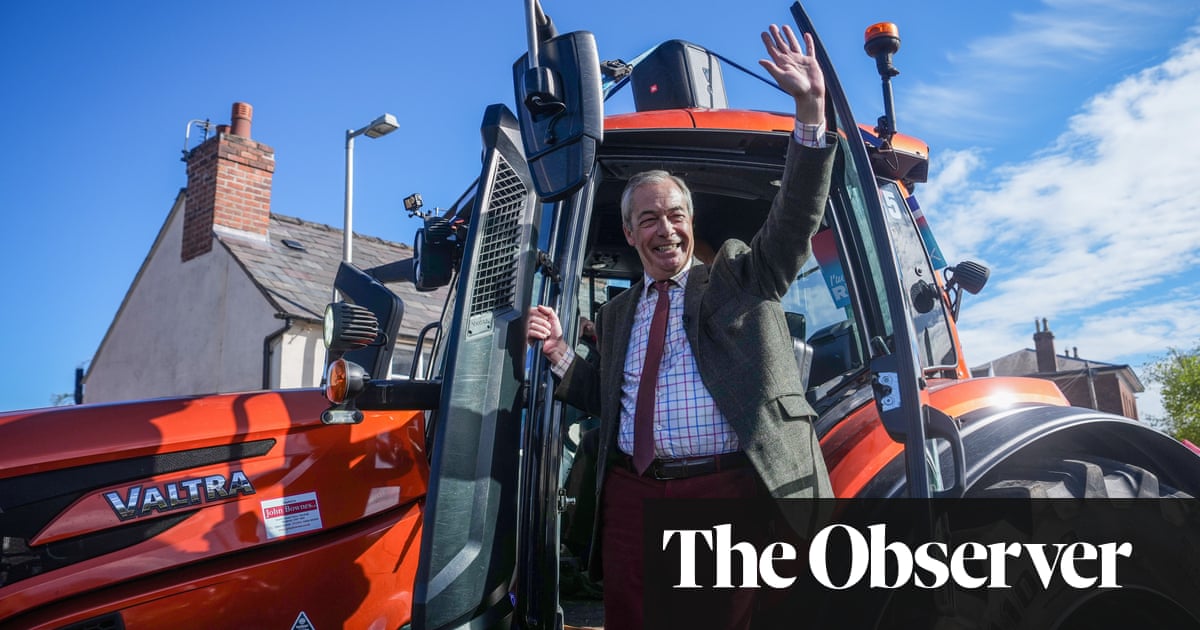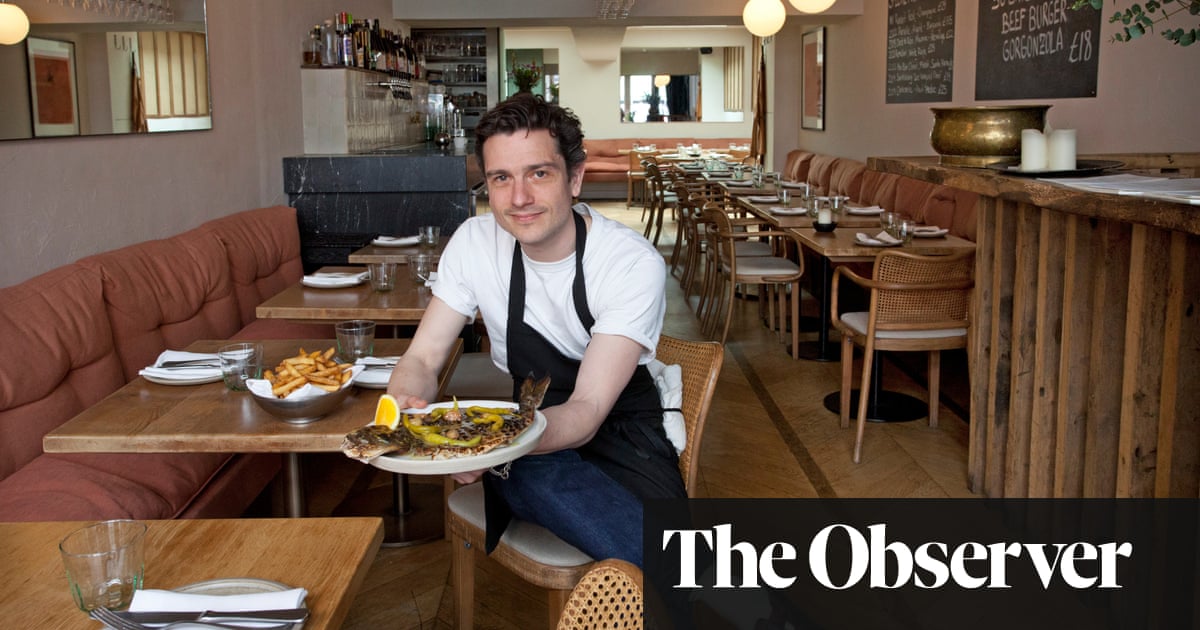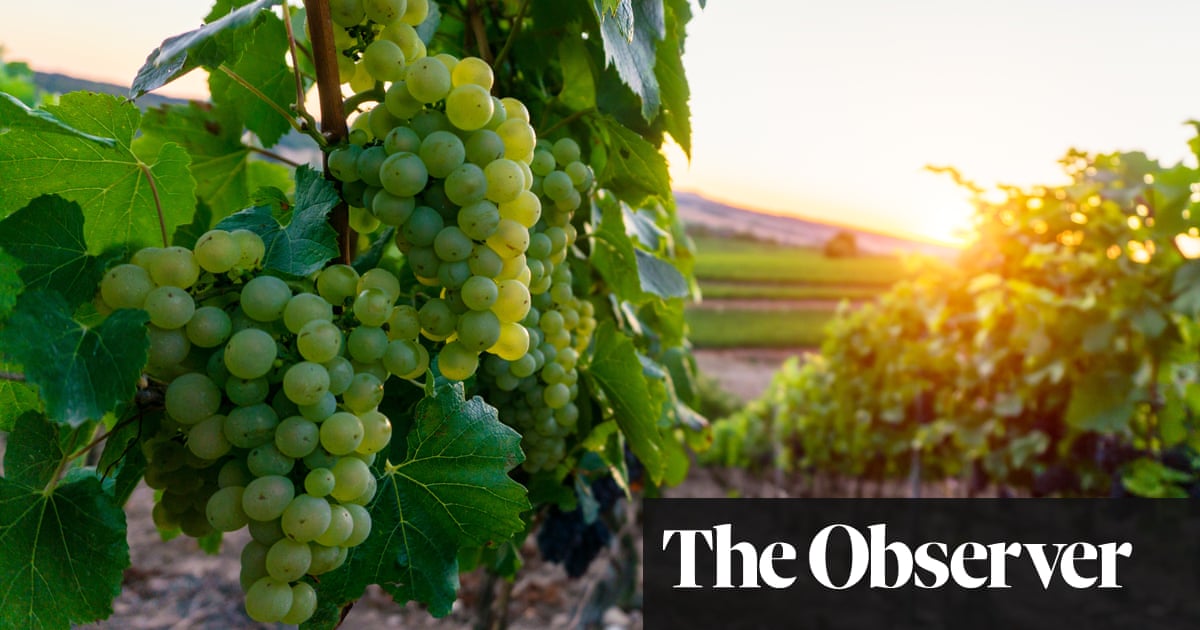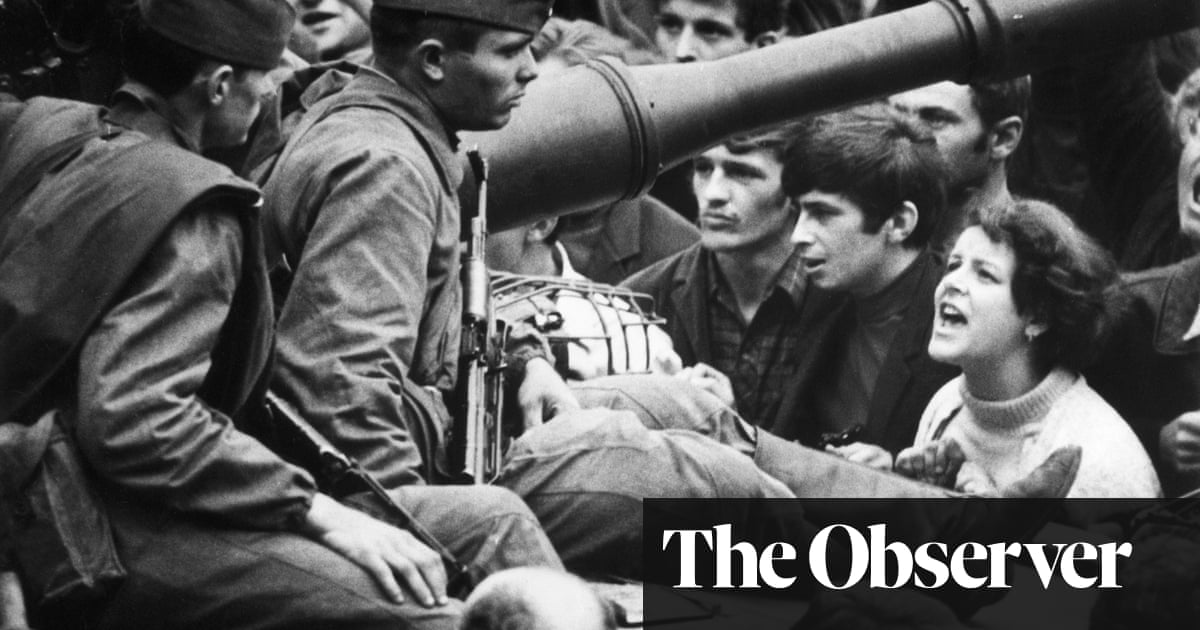Each day, bowls are set down on the ground in a line outside the community kitchen in Sururab, 25 miles north of Sudan’s capital, Khartoum, for the 350 families who eat here. Community kitchens like these have been crucial to staving off famine in Sudan over a year and a half of a war that has displaced 11.5 million people, and is part of a system of ground-level mutual aid that has provided key relief where foreign aid has been scarce.
While community kitchens feed, other necessities and support are provided by organisations called Emergency Response Rooms, which are often neighbourhood-based. The Sudanese diaspora has also helped, by fundraising for these grassroots efforts or providing medical advice through telemedicine services.
Mazin Alrasheed helped set up the community kitchen in Sururab only weeks after war broke out in April 2023 between the Sudanese Armed Forces (SAF) and the Rapid Support Forces (RSF) paramilitaries.

Those first weeks saw the residents of Khartoum and its adjoining cities of Omdurman and Bahri scrambling to places such as Sururab, and more keep coming, including 130 families who recently arrived after escalated fighting in Gezira state, south of the capital.
“Most of the people I’ve met depend on this meal we provide. The majority of them have no income and have been displaced because of the war. Almost 50% of the families we serve live in IDP camps in the area,” says Alrasheed of the camps for internally displaced people.
“International organisations’ efforts are beneficial but they often come at irregular intervals and sometimes face distribution issues,” he says, also pointing to administrative problems that beset large organisations. “For instance, flour distributed in late September had an expiry date in October. Also, some families received impractical amounts, leading them to sell the extra.”
The fighting has not only displaced millions, but caused significant damage to infrastructure, including to nearly half of Khartoum’s hospitals. Getting aid – whether food, water or medicine – can also be difficult because the warring forces block its delivery to certain areas.

Sudan has a longstanding tradition of neighbourly support and generosity, but the sense of solidarity within communities was strengthened during the protest movement that began in 2018 to oust the president, Omar al-Bashir.
Neighbourhood-based groups called resistance committees would organise protests as well as provide support to their neighbours, continuing their efforts when Bashir was replaced by an alliance of the SAF and RSF, until the two forces began fighting each other.
A similar dynamic has emerged since the war began through the creation of Emergency Response Rooms (ERRs), which, like the community kitchens, have cropped up across Sudan, providing food, medicine, water and shelter. They also document violence and try to secure more support from abroad.
“The profound sense of mutual aid among Sudanese communities is deeply inspiring and humbling. It reflects the incredible strength, resilience, and compassion of the Sudanese people, even in the face of unimaginable hardship,” says Haitham Elnour, a member of the Sudanese diaspora who supports the ERRs.

He says they have filled a gap left by the war’s destruction of governance and infrastructure.
Leena Badri, a member of the Sudan Solidarity Collective, which fundraises among the diaspora, says that the efforts and voices of people on the ground need to be highlighted.
“These are the people working to sustain people in Sudan. They are the voices that need to be centred. They are the first responders, it’s as simple as that,” she says.
The collective has helped support civilian-led relief efforts in at least 12 of Sudan’s 18 states. Badri says the goal is not to tell them how to use the funds but to take advice from local people on what is needed.
She says the role of relief groups, whether community kitchens or ERRs, has been crucial because both sides of the conflict have placed restrictive conditions on aid groups that prevent them from operating freely.
“They become prisoner to one side’s demands. But with something like aid you can’t do that, you can’t restrict it to one area or another. The ERRs don’t side with anyone, they serve their community,” says Badri.

The impact of these efforts in Sudan is now attracting attention and support from the wider humanitarian sector. In September, major charitable foundations pledged $2m (£1.6m) to provide grants for local aid efforts by the end of the year.
Elnour says the resilience and resourcefulness of the Sudanese in supporting each other through the war shows how localised aid can be more suited to the culture and context and more efficient than major international operations.
“Watching Sudanese individuals and groups take charge of their own destiny through localised, community-driven approaches reaffirms the power of self-determination,” he says. “This approach does more than address immediate needs – it helps to cultivate a generation of youth and volunteers who are actively engaged in problem-solving, coordination, and service delivery.”

.png) 3 months ago
29
3 months ago
29
